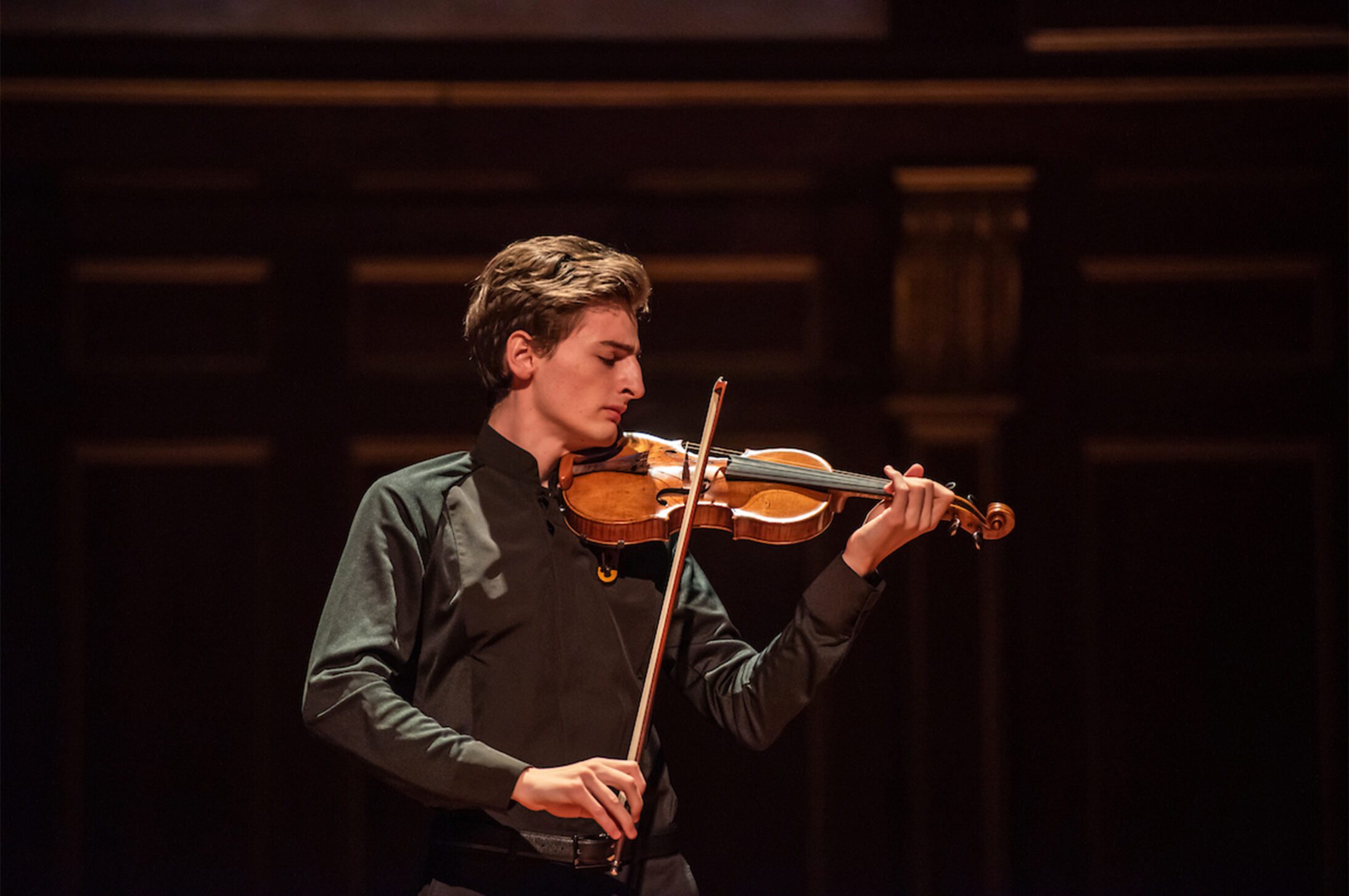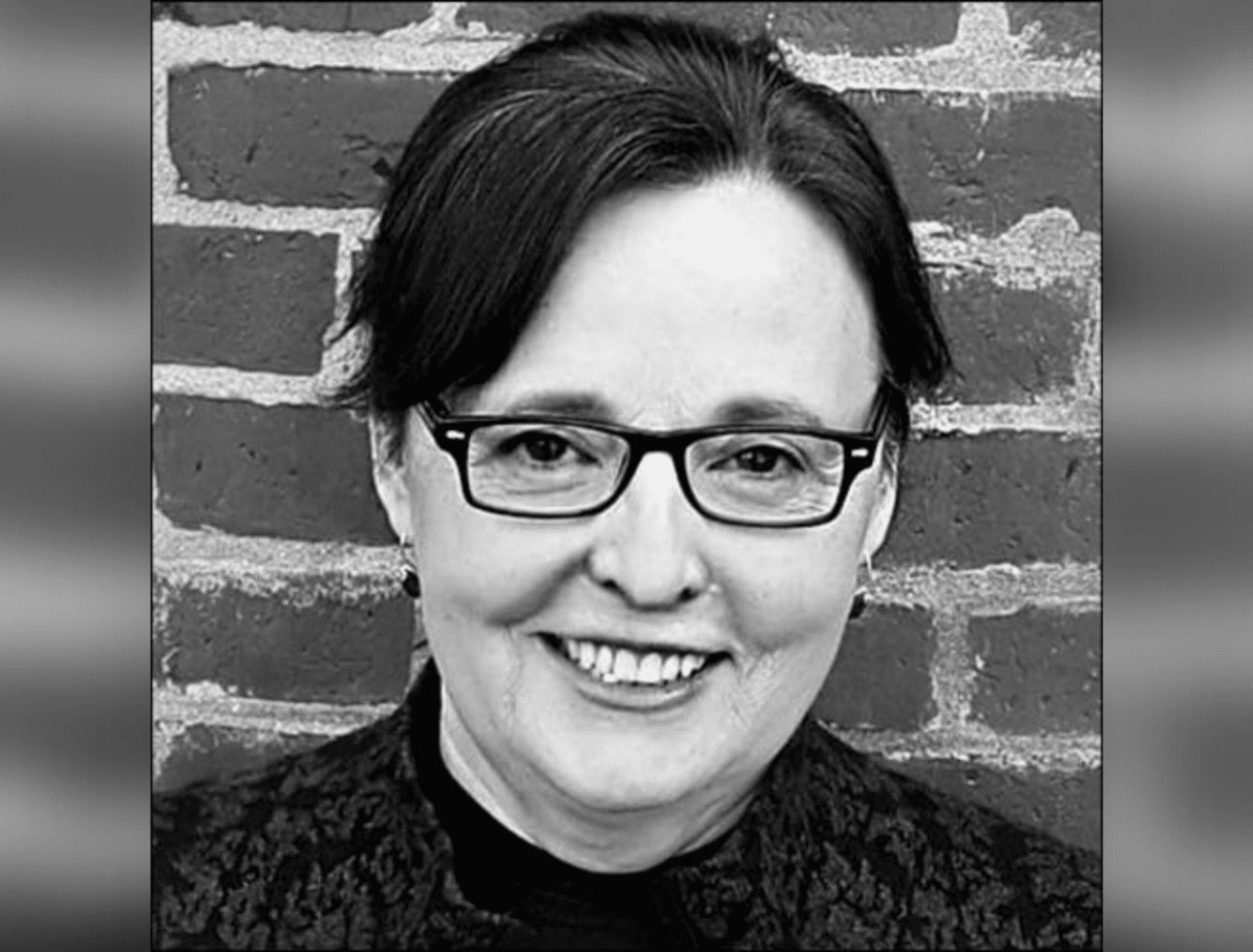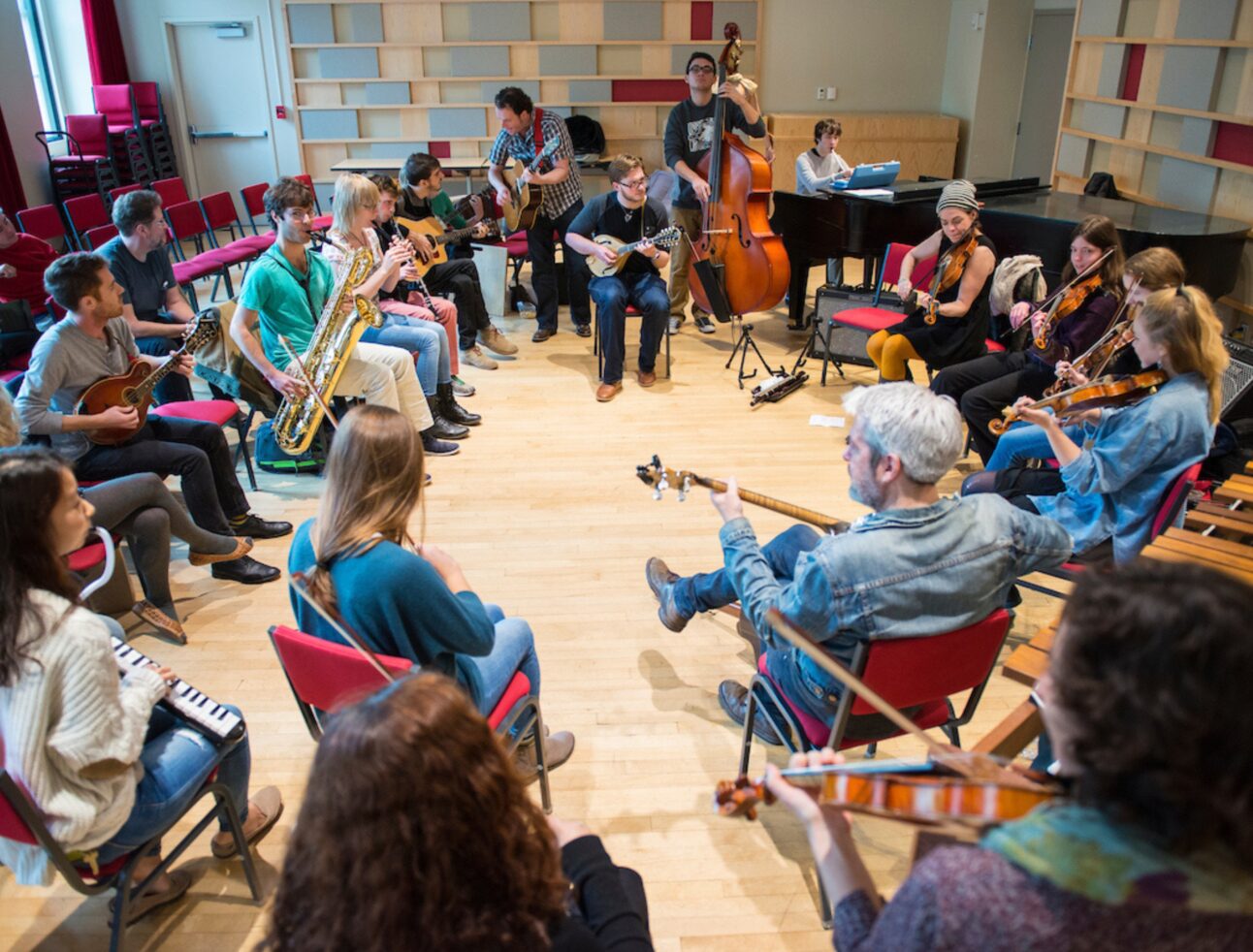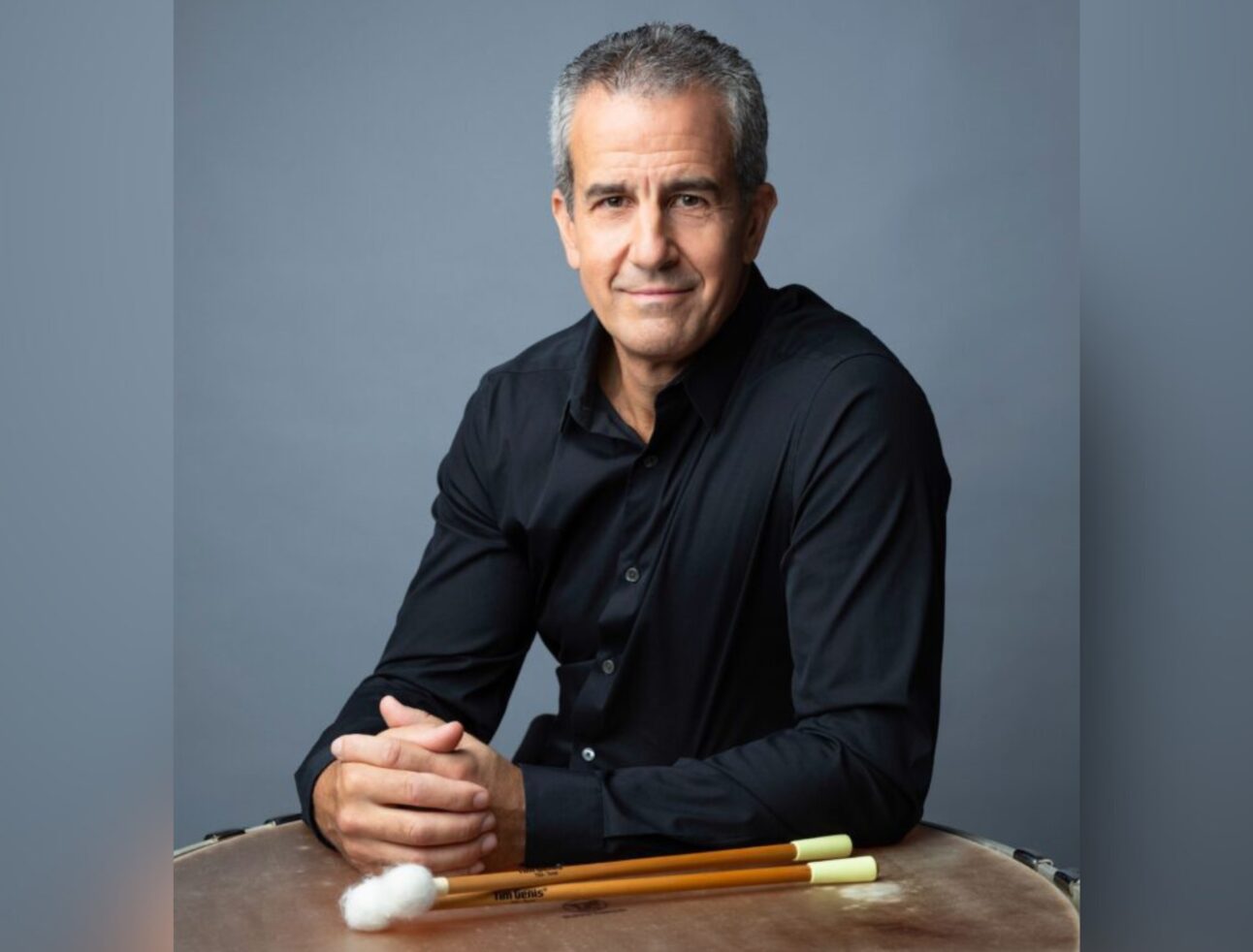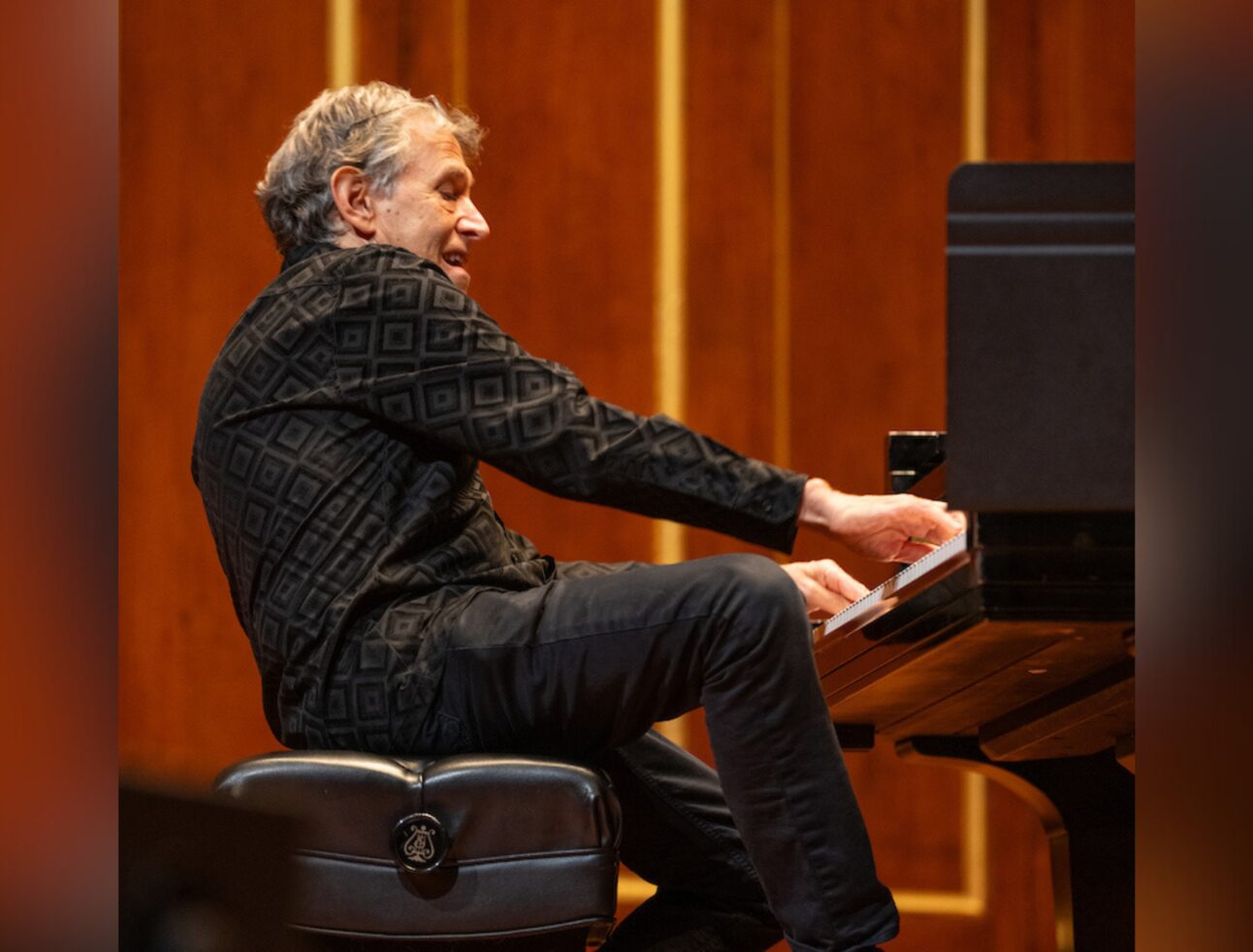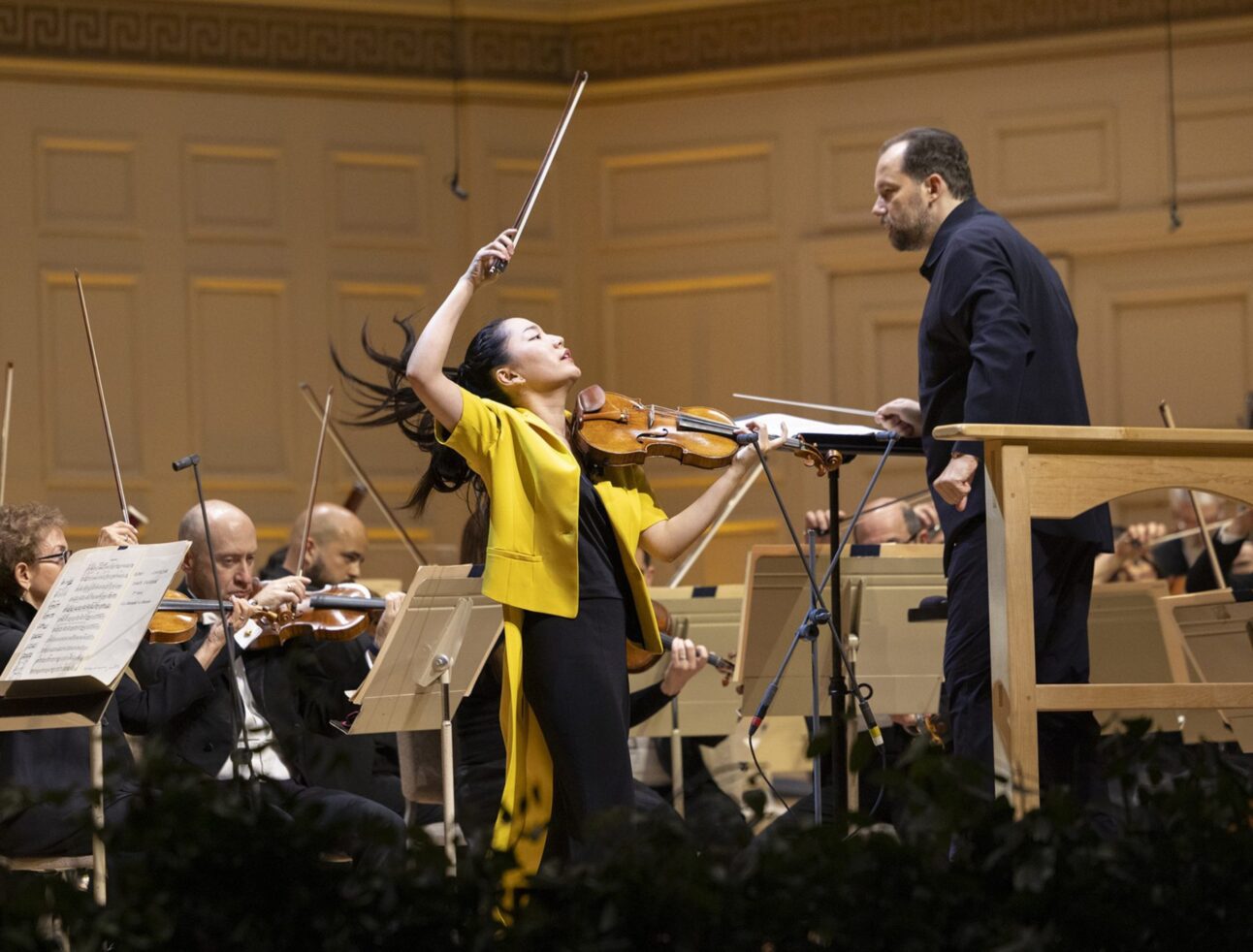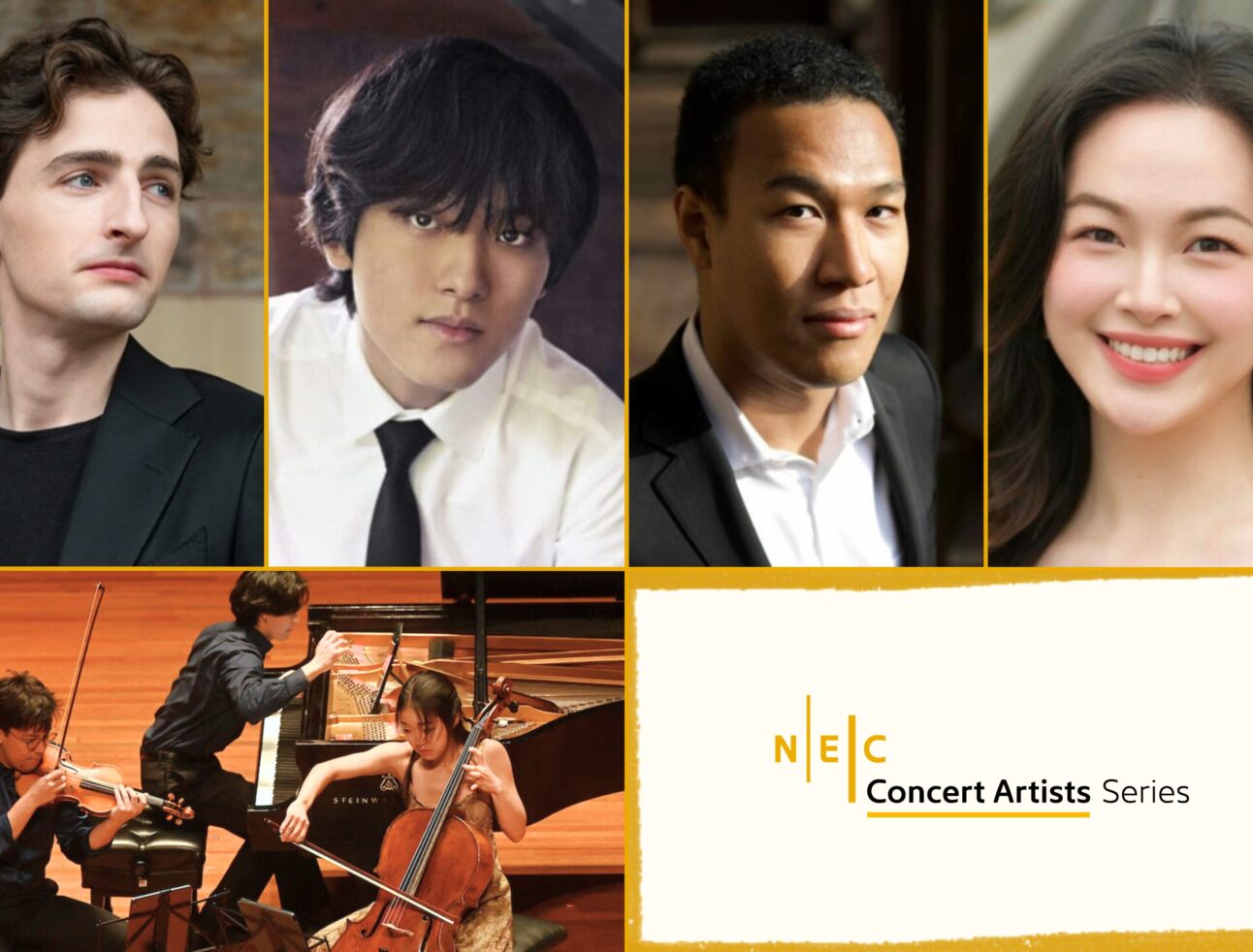On January 24, violinist and NEC Concert Artist Joshua Brown ’22, ’24 MM, ’26 AD will give a recital in Jordan Hall with pianist Dina Vainshtein ’04 GD. The program will include Schumann’s Three Romances, Op. 94, Beethoven’s Violin Sonata No. 10 in G major, Op. 96, Bartók’s Sonata for Solo Violin, Sz. 117, and Brahms’s Violin Sonata No. 3 in D minor, Op. 108.
Brown, who earned his bachelor’s and master’s degrees at NEC and joined the Conservatory’s Institute for Concert Artists this past fall, has won First Prize at both the Leopold Mozart International Violin Competition and the Global Music Education League Violin Competition in Beijing. Last year, he won Second Prize and the Audience Awards at the prestigious Queen Elisabeth Competition in Brussels.
Brown recently talked about what drew him to NEC, in what ways the Conservatory’s Institute for Concert Artists is helping him develop as a musician and a professional, how he approaches concerts and competitions, why he chose the repertoire he did for his upcoming recital, and more.
Q: What drew you to and has kept you at NEC?
A: Originally, the person who drew me to NEC was my teacher for the last seven years, Don Weilerstein. I had my first lesson with him when I was 16. He came to Chicago, and so I emailed him to see if I could have a trial lesson. He showed me a few ideas that related to some physical issues that I had been working on for a long time and I couldn’t quite figure out. I had some tension in my right shoulder and the things he told me weren’t even directly related to that, but they fixed it, or they got me much closer to fixing it than I had been. From that lesson on, I knew: This is who I want to study with. And that’s what brought me to NEC. And from the time I came, I’ve just kept learning.
Q: How is NEC’s Institute for Concert Artists helping you develop as a musician and move forward as a professional?
A: The Institute for Concert Artists has been such a great new part of my education. It’s a confusing world out there, the world of professional classical music. And so having someone like Gloria (Chien) to help me, who really understands it and knows so many people and knows so much about the industry — I don’t know if I could do it without something like that. Already, in six months, it’s provided so many great opportunities, so much more knowledge about the inner workings of things.
Q: How do competitions inform the approach you take to playing, the repertoire, and your career?
A: I think competitions are maybe not completely necessary, but they can be very helpful in a few different ways. I think the first way that they can be helpful is just giving you an opportunity to prepare a lot of music at your highest level, to see: What’s the best I can really do under a lot of pressure. I think that’s really valuable, even if it’s not necessarily pleasant. And of course, it also gives the opportunity for more people to hear you, to give you a bigger platform. I think these two things make it worthwhile to do competitions, despite the fact that maybe at their worst they can feel a little anti-musical. You know, the idea of competing in art is not necessarily always a nice idea. But I think if you go at it with the right approach, that you’re performing, even if it’s within a competition, you can still play for the audience, you can still have a performance, and you can still enjoy it, too.
I’ve enjoyed a lot of competition performances, so I think that’s really important. As far as my approach to playing within a competition, I don’t know that it’s so different from concerts. Maybe the level of preparation is even a little bit higher. I really would prepare to my absolute maximum. I would have performances beforehand to kind of run through the competition pieces. That level of preparation is maybe the only difference, and also the nerves that I’m feeling onstage. I’m not the kind of person who really gets nervous for a performance most of the time, but for a competition, I’m definitely nervous. So that’s a big difference. And dealing with that is always a challenge.
Q: Can you talk about the difference between performing in a concert and in a competition?
A: The idea is that in a concert no one’s judging you, or at least everyone came to enjoy, hopefully — everyone wants you to do your best and they’re listening from a positive point of view. And at a competition, this can often be the case, but at the end of the day there are five, ten people out there who are judging you and who may be writing down notes if you make a mistake. So I think having a very solid mental block toward thinking about that kind of thing, you have to have that during a competition.
Q: Especially if you perceive that you’ve made a mistake, even if you haven’t. What happens in that instant?
A: I’ve figured this out over time. There’s a very solid strategy, which is: You don’t try to not think about something. Instead, you have something else to focus on, which, in my case, would be the music. So I really try to become even more immersed in the character of the music than I might be in a concert. You almost become the music so that there’s nothing left that can think about the more negative aspects. That can often result in better performances, or at least even more engaged performances, because you really have to focus on doing that like your life depends on it.
Q: It’s sort of meditative.
A: Exactly. And that’s very important too, actually — the way you go onstage. I’ve learned that over time, too. If you walk onstage not feeling so confident somehow you can’t then manifest that confidence. You have to go onstage, from the moment you walk out, with the right intentions.
Q: Is there any way to have those right intentions, to feel confident if, let’s say, you’re playing something for an audience for the first time. You know the piece, you’ve lived with the piece, but this just happens to be the first time you’re going to play it for an audience. How do you get that sense of confidence that you might have with something you’ve been performing for years?
A: It’s never quite the same. You do your very best to prepare. I mean, that’s the most important part. You prepare in a way that you can have trust in what you did. A big thing for me is just this idea of having trust in your preparation. So that’s the first thing. And then to an extent sometimes you have to fake it, even to yourself. You can pretend to be more confident than you might really feel in that moment and it makes a difference. I think it’s important. No matter how you feel, you can find something in yourself to say: I’m prepared, I can do this. And then you go with that feeling. Certainly, you can’t deny the feeling of nerves, but you just really have to rely on the trust in your preparation. And this also works to varying degrees. There are still times when I go onstage and, the whole time, I’m not feeling my best or not feeling my most confident. That’s how you learn.
Q: How did you put the January 24 recital program together in terms of these four works?
A: At first, it might look like the four pieces don’t have very much in common, but I think that the common thread that runs through the program is: These were all written by composers who were near or at the end of their lives, or at least their composing careers. The Schumann is not one of his latest works, but it’s getting there. It’s on the lighter side. And to me, it’s really in the same style as all of his late works, where he really, I think, became so much more personal and inward-looking. And maybe that’s really, for me, the theme of the program — these are all works that are very, very personal and almost speak directly to one person, it feels like. Certainly, the Schumann is that, and so much of the Schumann is these quieter dynamics, these more intimate sound landscapes.
The Beethoven — this was, some could say, the last work of his middle period or the first work of his late period. And it’s this completely different take from the Schumann in intimacy. It’s similarly intimate, but it’s in these more spiritual or kind of, you could say, heavenly sounds, which is completely different. The Schumann is so melancholy, so I love this contrast of similar inspirations but very different atmospheres, ultimately.
In the second half, the Bartók, this Sonata for Solo Violin, this was one of the last works that Bartók ever wrote. He was living in America at the time. He was very isolated. There wasn’t a lot of appreciation for his music and not many friends around. And I think that sense of loneliness is really what pervades the piece. It’s a solo violin piece, and I think he uses the instrument to that advantage, because usually the violin is not a solo instrument. I mean, we have Bach’s music and things like that, but it’s usually not a solo instrument. And I think on its own it really gives the impression of a singular voice, something very lonely, especially in the third movement, the slow movement. He goes into some really dark places that feel completely alone.
And then the Brahms. This is a late work— again, not so late, but so much of the Brahms is in the shadows also. But then the difference, I think, from the Schumann that begins the program — I think maybe they have similar atmospheres at times, but then the Brahms really can emerge from the shadows, especially the last movement. It feels like there’s so much repressed energy that finally comes out. And so I think that’s a really satisfying way to end a program of so much introspection.
Q: What styles of music, beyond classical, inspire or influence you, or give you a different place to go?
A: I try to listen to a wide range of music. I end up listening to a lot of different things, but just a little bit of each. I think probably what I listen to the most is jazz — and what I’m inspired by the most, although I have no technical knowledge of it. I love spontaneity in music. I mean, in classical music, that’s something I’m trying for all the time. Jazz takes that to a whole new level. And so that really inspires me. If I’m listening to music for fun, usually I’m listening to jazz.
Q: How does a classical violinist get into spontaneity when the notes and the rhythms and all of that are in front of you. What other ways are there to be spontaneous?
A: I think the idea of spontaneity goes back to something my teacher, Mr. Weilerstein, always says, which is to play in a way that you can imagine you’re composing the music. And it’s my favorite way to play. You put yourself in the composer’s shoes, and you can almost feel like you’re that great of a composer if you really commit yourself to this idea. It’s fun, and you play in a different way, too. I think it becomes yours a lot more. I actually don’t like to play reading music either. Even sonatas. I’ll try to memorize the piece. Even if I have the music there, I’ll usually play from memory, because that also helps with the spontaneity aspect. I mean I really can pretend that I’m composing it in the moment.
Joshua Brown is the recipient of the Nancy and Richard Lubin Institute for Concert Artists Scholarship.
